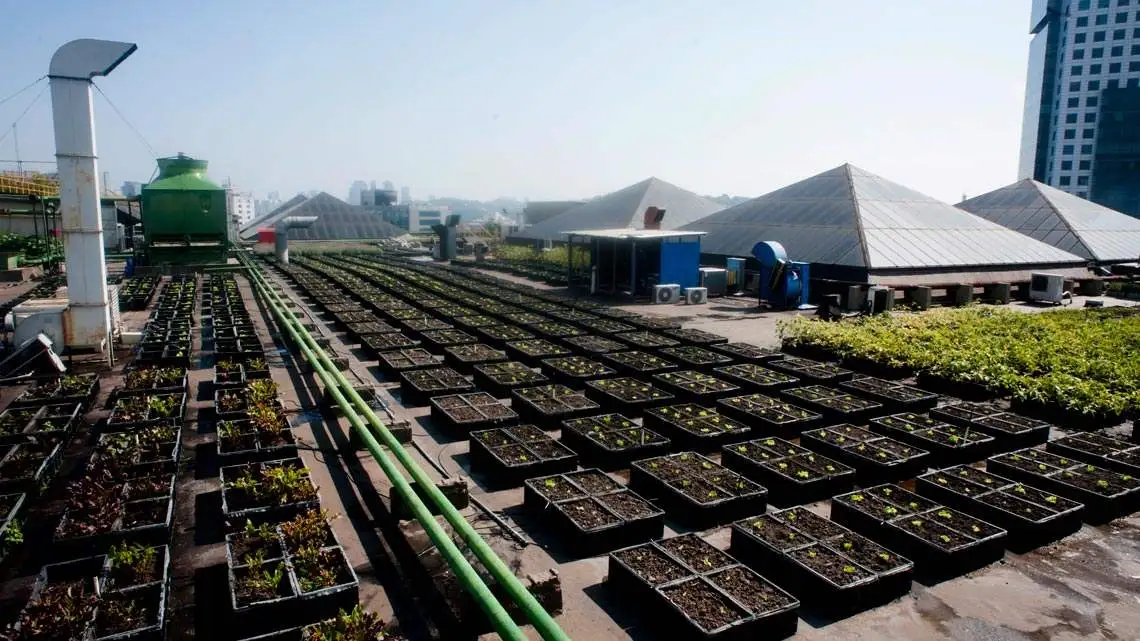According to the State’s Agriculture Secretariat, São Paulo’s agribusiness trade surplus soared to $1.73 billion in January, a 20.1% jump from the previous year.
This figure, calculated by the Institute of Agricultural Economics IEA, signals a strong start for the sector.
Exports from the state’s agribusiness hit $2.22 billion, an 18% increase from the prior January, while imports rose by 11.4% to $0.49 billion.
Agribusiness formed 42.4% of São Paulo’s total exports, overshadowing the industrial sector’s 8.1%.
Other sectors exported $3.02 billion but faced a $2.53 billion deficit due to $5.55 billion in imports. This underscores how agribusiness buoyed São Paulo’s overall trade performance.

Top exports included the sugar-alcohol complex at $935.49 million, with sugar making up 92.8% and ethanol 7.2%.
The meat industry contributed $249.72 million, mostly from beef. Orange juice dominated the juice sector with $241.55 million, representing 98.9% of juice exports.
Forest products and plant-derived goods, such as essential orange oils, also led the total sector contribution to 78.7%.
Coffee remained a key export, earning $91.09 million, showcasing the value of traditional products in São Paulo’s export mix.
This growth highlights São Paulo’s critical role in feeding global markets and boosting Brazil’s economy.
The state’s ability to diversify its agricultural exports strengthens its economic resilience and underscores the importance of sustainable farming practices for future growth.
Background
On a national scale, its contribution of 16.5% to Brazil’s total agribusiness exports is significant.
This marks an increase from the previous year and underscores São Paulo’s key role in Brazil’s agribusiness sector.
Furthermore, the state’s dominance in specific categories, such as juices and the sugar-alcohol complex, reflects its strategic position in the global market.
The sector’s success supports the local economy and is crucial to Brazil’s overall economic health.
São Paulo’s agribusiness future hinges on balancing economic growth with sustainability and diverse stakeholder inputs, including small farmers and environmentalists.

